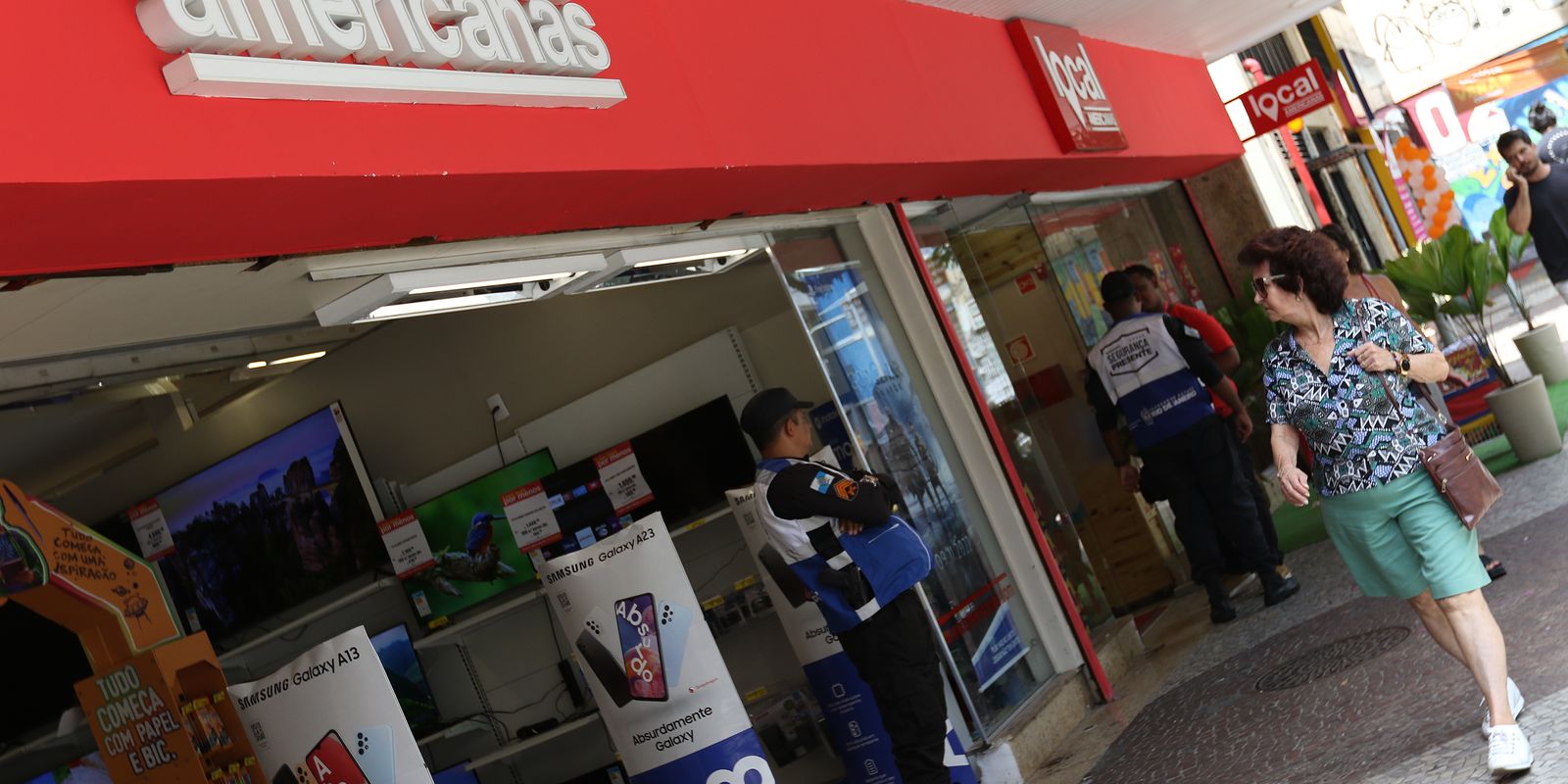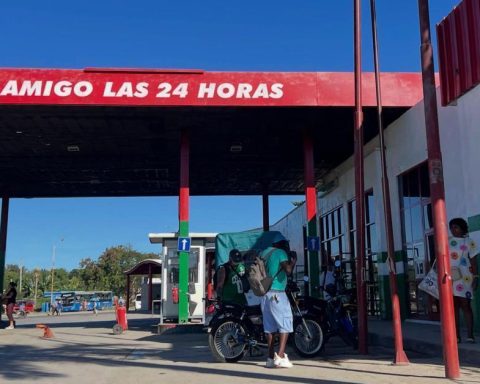
The type of loan signed between the banks and Lojas Americanas generated a fight that could hinder the company’s judicial recovery. Since the discovery of the accounting gap, the financial institutions, which concentrate from 65% to 70% of the retailer’s credits, started to 
 to have
to have 
 an aggressive stance towards the company.
an aggressive stance towards the company.
Some banks obtained injunctions with the value lock of the group retained in banks, but part of the amount was released by Justice. Last week, the trio of billionaires who controlled the company proposed a contribution of BRL 7 billionbut the banks refused and asked for a higher amount. 

According to lawyer and jurist Renato Scardoa, who leads a group of medium-sized suppliers to Lojas Americanas and participated in the group that drafted the New Bankruptcy Law, the origin of the fight between the banks and Lojas Americanas lies in the type of loan agreement. The clauses established early maturity in case of sudden changes in the financial situation of the Americanas.
“When Lojas Americanas disclosed the accounting fact, the contracts expired, and the banks all went after what was still in the company’s checking accounts. The group had consistent numbers, but, due to fraud on the balance sheet, all the debt that was equated matured in advance”, he explains.
Lawyer and Master in Corporate Law and Citizenship Alcides Wilhelm, with experience in business restructuring, mergers and acquisitions and tax law, says that the “accounting inconsistencies” that resulted in the discovery of the gap in Lojas Americanas put creditors on opposite sides, with the banks taking advantage of the anticipation of loan maturities to halt the judicial recovery and advance, as quickly as possible, on the balance in the company’s current accounts.
“Banks concentrate from 65% to 70% of credits. Shortly before Lojas Americanas disclosed the accounting fact, the company took credit with these institutions and made cash. The banks felt betrayed and are now fighting for the company to go bankrupt. If the main shareholders do not put a significant amount of money in there, the recovery will be unlikely because the banks will vote against it in the meeting of creditors”, justifies Wilhelm.
main losers
The main losers, says Scardoa, are suppliers and employees, especially smaller ones, who were left without cash for the next six months. “Lojas Americanas paid in a 180-day flow. These companies worked to receive six months from now. And now this six-month inventory is subject to judicial recovery. Large suppliers at least have a capital structure that supports this type of situation. There is a whole ecosystem under threat,” she says.
Regarding employees, Wilheim points out that Lojas Americanas has a social function, being a group too big to fail. “The Americanas Group, between direct and indirect workers, involves 100,000 people. Per year, it had been collecting R$ 2 billion in taxes. The company has a very important social function, which has to be preserved. This is what judicial recovery is for,” he explains.
Strategy
Despite the recent actions of banks, Scardoa disagrees that financial institutions are against judicial recovery. He interprets the injunction requests to block Americanas assets as a way to pressure the trio of billionaires who controlled the company until 2021, Jorge Paulo Lemann, Marcel Telles and Carlos Alberto Sicupira, to inject money into the company.
“From the economic point of view, I find it difficult for banks not to seek a negotiating solution for the company’s recovery. Because, in case of bankruptcy, these banks will not take anything. A plan [de recuperação judicial] aggressive is better than if the company goes bankrupt. Refusing a plan does not seem to be the best alternative. [para os bancos]”, he argues.
Precedents
Controlling Lojas Americanas for almost 40 years, billionaires Lemann, Telles and Sicupira became partners in the company in 1983. In 2021, they lost control, reducing their shareholding from 53.3% to 29.2%, are considered the reference shareholders. Over the last few years, they have accumulated controversy in the management of companies they bought, not just in Brazil.
In 2015, América Latina Logística (ALL), a company created based on the purchase of privatized railroads, had to rectify the 2013 and 2014 balance sheets after being sold to Cosan. The new controller detected accounting inconsistencies that raised the company’s Ebitda (earnings before interest, taxes, depreciation and amortization).
In 2021, Kraft Heinz, an American food giant with billionaire participation, was fined $62 million by the Securities and Exchange Commission (SEC), a regulatory body for the financial market in the United States. The agreement came after two years of investigation by the SEC for accounting errors in purchases that masked the cost with suppliers and inflated Ebtida. Kraft Heinz had to republish the balance sheet with an accounting write-off of US$ 15.4 billion.
Despite precedents in relation to other companies and suspicions of fraud at Lojas Americanas, Scardoa says that the information available so far does not allow pointing the trio of billionaires as guilty. “Those looking from the outside ask why these guys [os ex-controladores] don’t put the [dinheiro] of them in the company if there was fraud. Because their equity and that of the company are different. For us and for the economy it is good that it is like this, it is good that there is this segregation, except in cases where there is direct involvement in fraud”, he ponders.

















